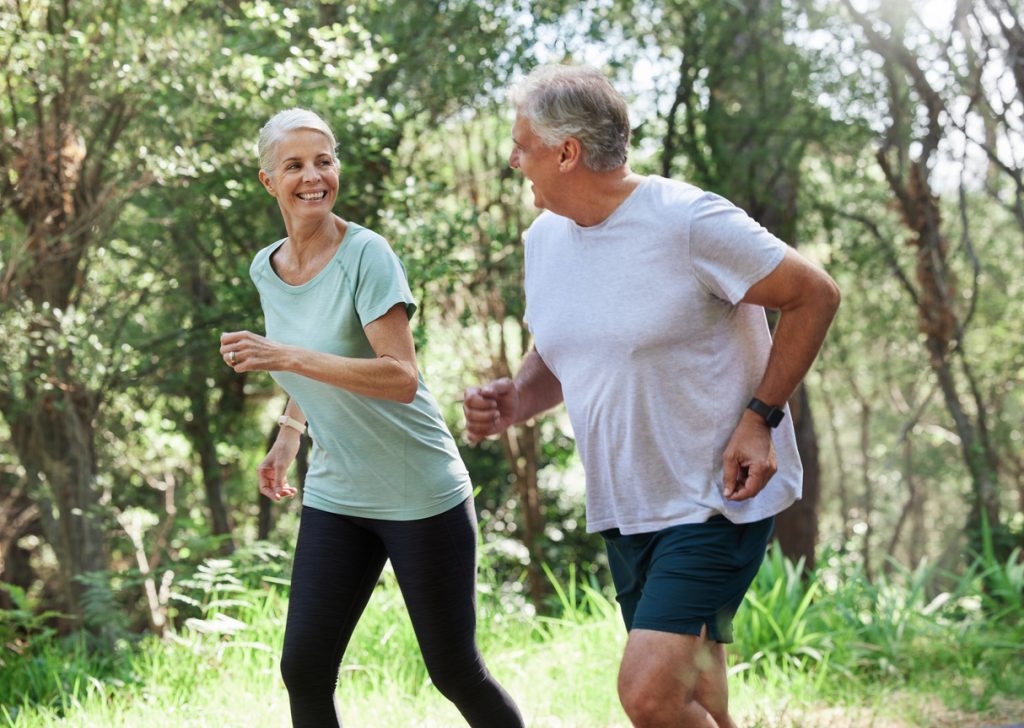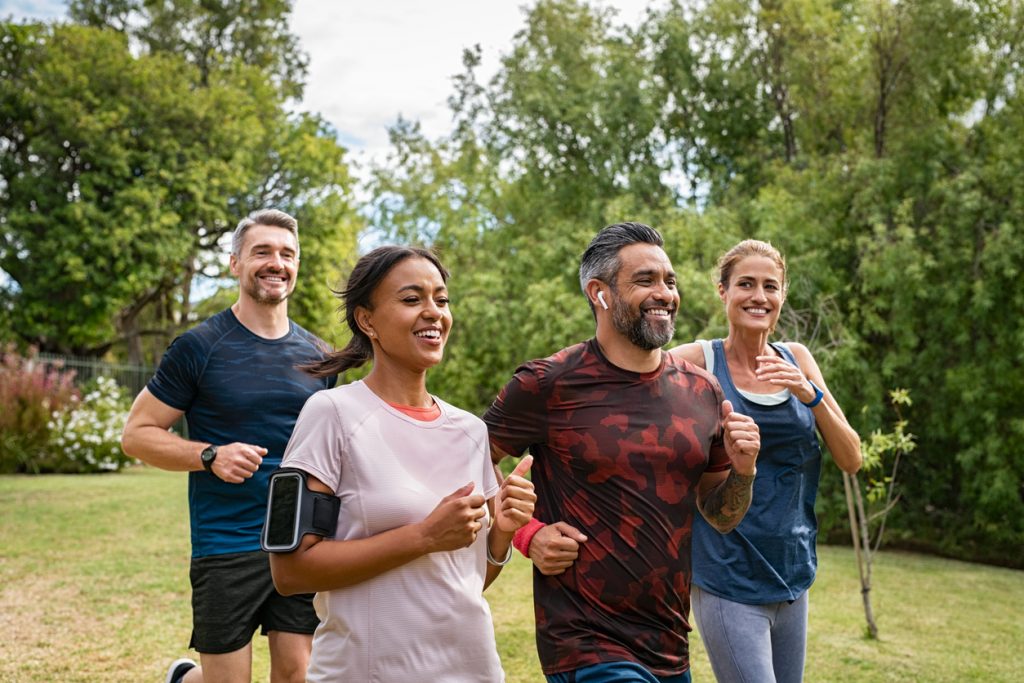4 hints your body is ageing and what to do about it
Ageing is something that happens to us all, but as they say, it’s better than the alternative.
Sometimes ageing can be so gentle and gradual you may not notice it at all, and at other times you might suddenly no longer be able to read the menu in a dimly lit restaurant, or struggle to make it up the stairs at home.
Some signs of ageing are inevitable, but there are actions you can take to remain healthy and active for as long as possible.
Below are some signs of ageing, and what you can do to reduce their impact.

Failing eyesight
Whether you’ve had perfect vision your whole life, or you’ve always needed a little bit of help from glasses or contact lenses, there is usually a time in your life that your eyesight will begin to decline more rapidly, or you might struggle with changes of light or glare.
What you can do: Get your vision checked regularly and ensure your prescription is up to date. You should also wear sunglasses when you’re outdoors, and try to avoid eye strain if you spend extended periods of time working on a computer by giving your eyes a rest with the 20-20-20 rule. That is, every 20 minutes, look at something 20 feet away for 20 seconds.
Prone to bone injuries
If you haven’t broken a bone since you stopped climbing trees as a child, you might be surprised to find yourself suddenly susceptible to a break or fracture. This is because our bones begin to weaken in our 40s and 50s. Your joints may also start to feel stiff or sore, because of fluid and cartilage wearing away with age. You may also develop arthritis.
What you can do: Ensure you’re getting plenty of calcium and vitamin D. It might help to have your levels tested with your doctor, and to take a supplement if your levels are low. Weight-bearing exercise can also help to keep your muscles and bones strong.
High blood pressure
As we age, our blood vessels can become stiffer, meaning our heart has to work harder to pump blood around our bodies. This can lead to high blood pressure.
What you can do: Exercising and maintaining a healthy diet and weight can help reduce the workload of the heart. It can also help to stop smoking and cut back on your salt and processed food intake.

Skin issues
As we age, our skin produces less oil, often making it drier. You also lose some of the fatty tissue under your skin, which can make your skin feel thinner and more prone to tearing. You might also notice age spots, wrinkles and skin tags appearing.
What you can do: Ensuring you stay hydrated can help your skin to stay supple and strong, and avoiding very hot showers or baths can prevent it from losing more moisture. See your doctor for regular skin cancer checks, and stop smoking if you can, because it can cause more wrinkles.
If you are experiencing symptoms, you should speak to a doctor to find out the right treatment for you. You can request a telehealth consultation with one of our Australian-registered doctors from anywhere in Australia, seven days a week.
To speak with an InstantScripts Doctor:
Request a ConsultationIf you have run out of your script:
Request a ScriptThis article was written by Carolyn Tate, a Brisbane-based writer with a particular interest in women’s health, mental health and living well. Carolyn holds a Bachelor of Professional Writing and a Bachelor of Political Science.
© InstantScripts
Level 8 / 637 Flinders St.,
Docklands VIC 3008

